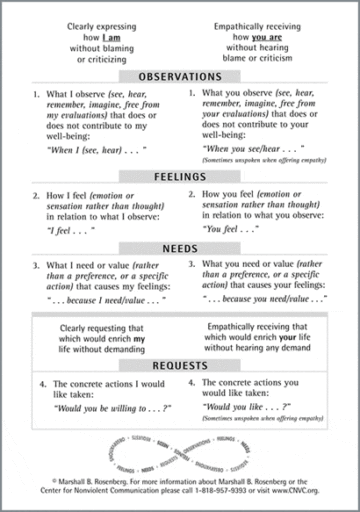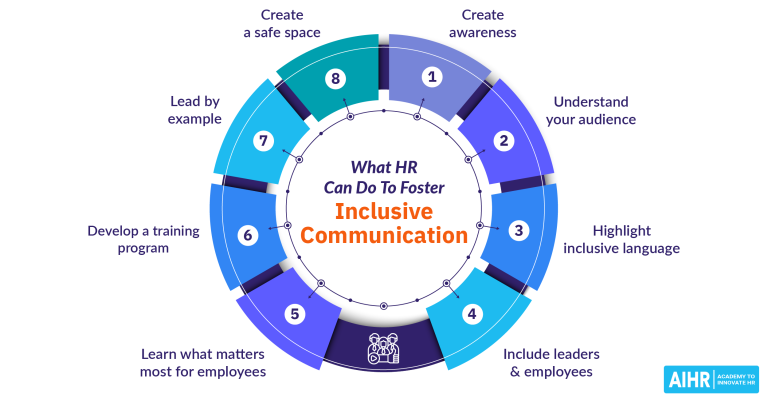How to Talk Deeply? Unlock Meaningful Conversations
Talking deeply is a skill that involves engaging in meaningful conversations that go beyond surface-level topics. It requires being open, vulnerable, and empathetic to truly connect with others on a deeper level. Whether you’re looking to enhance your communication skills, build stronger relationships, or simply have more meaningful interactions, talking deeply is a valuable skill to cultivate. In this article, we’ll explore some tips and strategies on how to talk deeply and foster more meaningful connections with those around you.
Listen actively
One of the key components of talking deeply is being a good listener. Active listening involves giving your full attention to the speaker, showing empathy, and asking thoughtful questions to demonstrate your interest in what they have to say. By listening actively, you create a safe space for the other person to open up and share their thoughts and feelings, fostering a deeper connection between both of you.
Be vulnerable
Vulnerability is essential for talking deeply. It involves being open and honest about your own thoughts, feelings, and experiences, even if it feels uncomfortable. By sharing your vulnerability, you invite others to do the same, leading to more authentic and meaningful conversations. Being vulnerable allows you to connect with others on a deeper level and build trust in your relationships.
Ask open-ended questions
When engaging in deep conversations, asking open-ended questions can help encourage the other person to share more about their experiences and perspectives. Open-ended questions require more than a simple yes or no answer, prompting the speaker to elaborate and provide deeper insights into their thoughts and feelings. This can lead to more profound and meaningful conversations that foster connection and understanding.
Show empathy
Empathy is a crucial aspect of talking deeply. By showing empathy, you demonstrate that you understand and care about the other person’s emotions and experiences. Empathetic listening involves putting yourself in the other person’s shoes, acknowledging their feelings, and responding with kindness and compassion. By showing empathy, you create a supportive environment for open and honest conversations that can deepen your relationships.
Be present
Being present in the moment is essential for talking deeply. Avoid distractions such as phones or other devices and focus on the person you’re speaking with. Show genuine interest in what they have to say, maintain eye contact, and provide verbal and nonverbal cues to demonstrate your engagement. Being fully present in the conversation allows you to connect more deeply with the other person and create a more meaningful interaction.
Practice active listening skills
Active listening is a valuable skill that can enhance your ability to talk deeply. Practice active listening by giving your full attention to the speaker, paraphrasing their words to show understanding, and reflecting on their emotions to demonstrate empathy. Avoid interrupting or formulating your response while the other person is speaking, and instead focus on truly listening and understanding their perspective. Active listening can help you build stronger connections and engage in more meaningful conversations.
Share your own experiences
Sharing your own experiences is a powerful way to talk deeply and connect with others. By opening up about your own thoughts, feelings, and experiences, you create a space for the other person to do the same. Sharing personal stories and insights can foster empathy, understanding, and connection, leading to more meaningful conversations and stronger relationships.
Practice mindfulness
Mindfulness can help you talk deeply by increasing your awareness of the present moment and your interactions with others. By practicing mindfulness, you can become more attuned to your thoughts and emotions, allowing you to communicate more authentically and empathetically. Mindfulness can also help you stay focused and present in conversations, leading to deeper connections and more meaningful interactions.
Reflect on your conversations
After engaging in deep conversations, take time to reflect on the interaction and what you learned from it. Consider what went well and areas for improvement, such as listening more actively, being more vulnerable, or asking better questions. Reflecting on your conversations can help you grow as a communicator and deepen your connections with others over time.
Frequently Asked Questions
What Is Deep Conversation?
Deep conversation involves discussing meaningful topics, emotions, and personal experiences, fostering a stronger connection.
How To Start A Deep Conversation?
Ask open-ended questions about thoughts, feelings, and life experiences to encourage meaningful dialogue.
Why Are Deep Conversations Important?
They build trust, deepen relationships, and promote understanding and empathy between individuals.
Can Deep Conversations Strengthen Relationships?
Yes, they create emotional bonds and foster mutual respect and understanding.
Conclusion
Talking deeply is a skill that can enhance your relationships, improve your communication skills, and foster more meaningful connections with those around you. By actively listening, being vulnerable, asking open-ended questions, showing empathy, being present, and practicing mindfulness, you can engage in deeper conversations that lead to stronger relationships and a deeper understanding of others. By incorporating these strategies into your interactions, you can talk deeply and create more meaningful connections with those in your life.




